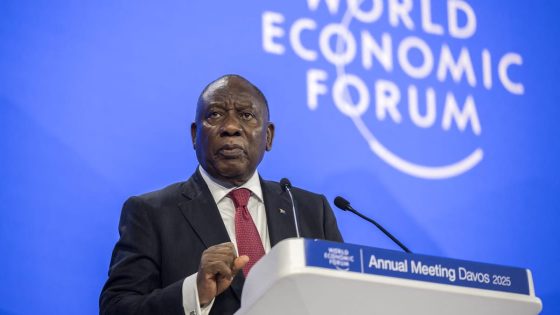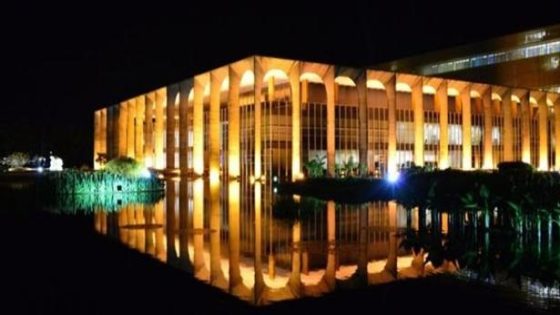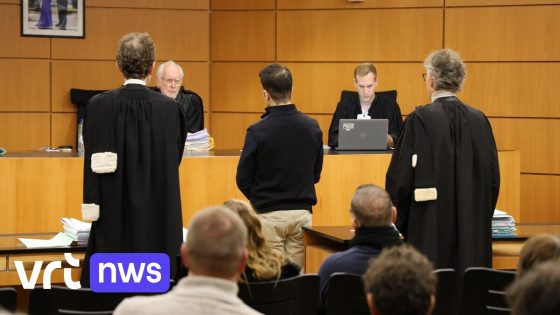On February 3, 2025, South African President Cyril Ramaphosa defended controversial land reform measures that permit the state to seize land without compensation. This response came after U.S. President Donald Trump criticized South Africa for allegedly mistreating certain groups of people.
- Cyril Ramaphosa defends land seizure measures.
- U.S. president criticizes South Africa's treatment.
- Accusation of mistreatment of certain groups.
- State can seize land without compensation.
- Tensions between South Africa and the U.S.
Ramaphosa’s comments highlight ongoing tensions regarding land ownership and racial equity in South Africa, as the government aims to address historical injustices.
The debate over land reform in South Africa has intensified in recent years as the government seeks to rectify historical inequalities stemming from apartheid. The policy allows for expropriation of land without compensation, aiming to redistribute property to previously disadvantaged communities.
Key points regarding this issue include:
- The government’s goal is to promote economic empowerment among black South Africans.
- Critics argue that such measures could deter investment and destabilize agriculture.
- The policy has faced legal challenges and public protests both for and against it.
In his defense, Ramaphosa emphasized that the reforms are necessary for achieving justice and equality in a country still grappling with the legacy of apartheid. He dismissed Trump’s remarks as an external interference into domestic policies aimed at correcting past wrongs.
This situation reflects broader global discussions on land rights and reparative justice. As countries navigate similar issues, the outcomes of South Africa’s policies may serve as a reference point for other nations facing historical inequalities.
The ongoing discourse surrounding South Africa’s land reform highlights critical social justice issues while revealing international perspectives on national policies. As debates unfold, they will likely influence future governance and societal structures both locally and globally.
































